Trauma/PTSD
Cognitive processing therapy
Cognitive Processing Therapy (CPT) is an evidence-based treatment for trauma symptoms and Post-traumatic Stress Disorder (PTSD). Unlike exposure-based treatments, CPT does not require the client to describe their trauma in extreme detail. Instead of repeatedly exposing you a blow-by-blow account of your most traumatic experience, we work on the cognitive impacts of the trauma, exploring your thoughts and emotions and how they’ve been affected by what happened. For many clients, facing their trauma head-on (with exposure-based therapies) sounds overwhelming or terrifying, and can prevent them from seeking treatment in the first place. In my experience, CPT provides a less scary and more approachable option for clients who don’t wish to recount their trauma repeatedly during treatment.
In addition to being more accessible for some, CPT is also a very efficient treatment model, taking only 10-12 sessions for most clients to complete. While most clients choose to attend weekly sessions, the protocol can be completed on an accelerated timeline for some. Because it is a very focused treatment model, we stick to a fairly strict schedule to keep you on track. While this may not be what most clients are used to with traditional talk therapy (e.g. we don’t spend half the session talking about how your week went), it enables clients to move through treatment efficiently, and to see significant symptom improvement in just a short time. For those who have lived with their trauma symptoms for years, CPT can provide a way to finally move past their trauma and back into their lives.
Jaime Lowe, a writer for the New York Times Magazine and the author of Mental (a memoir about bipolar disorder), described her own journey through Cognitive Processing Therapy for PTSD in an episode of This American Life entitled “Ten Sessions”. Jaime chose an intensive, two-week CPT program during which she met with her therapist almost every day. While most clients choose the less intensive and more traditional weekly therapy format for CPT, it has been shown to be effective in more compressed formats as well. Jaime describes her experience in detail, calling CPT “like ninja therapy […] progress creeps up on you from behind.” You can listen to the episode or read the full transcript here.
I received my certificate in Cognitive Processing Therapy as part of the STRONG STAR Training Initiative through the University of Texas Health Science Center at San Antonio, a 6-month program of expert consultations and case reviews. While this program is geared towards training clinicians to work with Veterans, CPT has also been shown to be highly effective with civilians who have experienced traumatic events. To learn more about the STRONG STAR Training Initiative, check out their website: https://www.strongstartraining.org. To learn more about CPT specifically, check out the video below (source: STRONG STAR Training Initiative and PsychHub).

